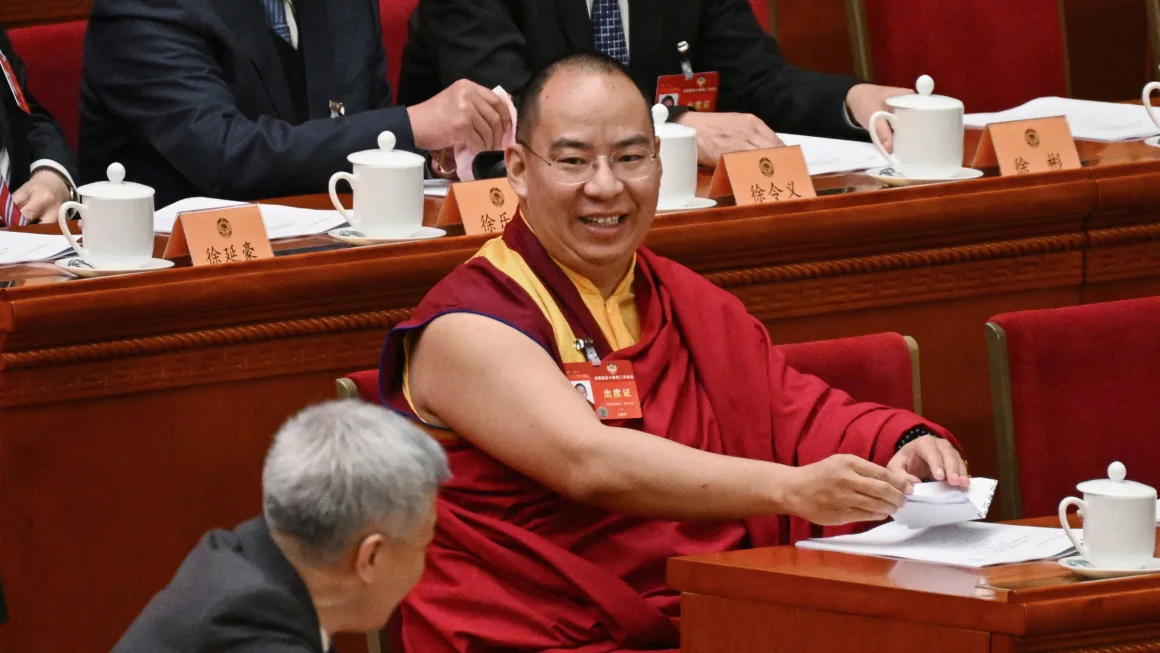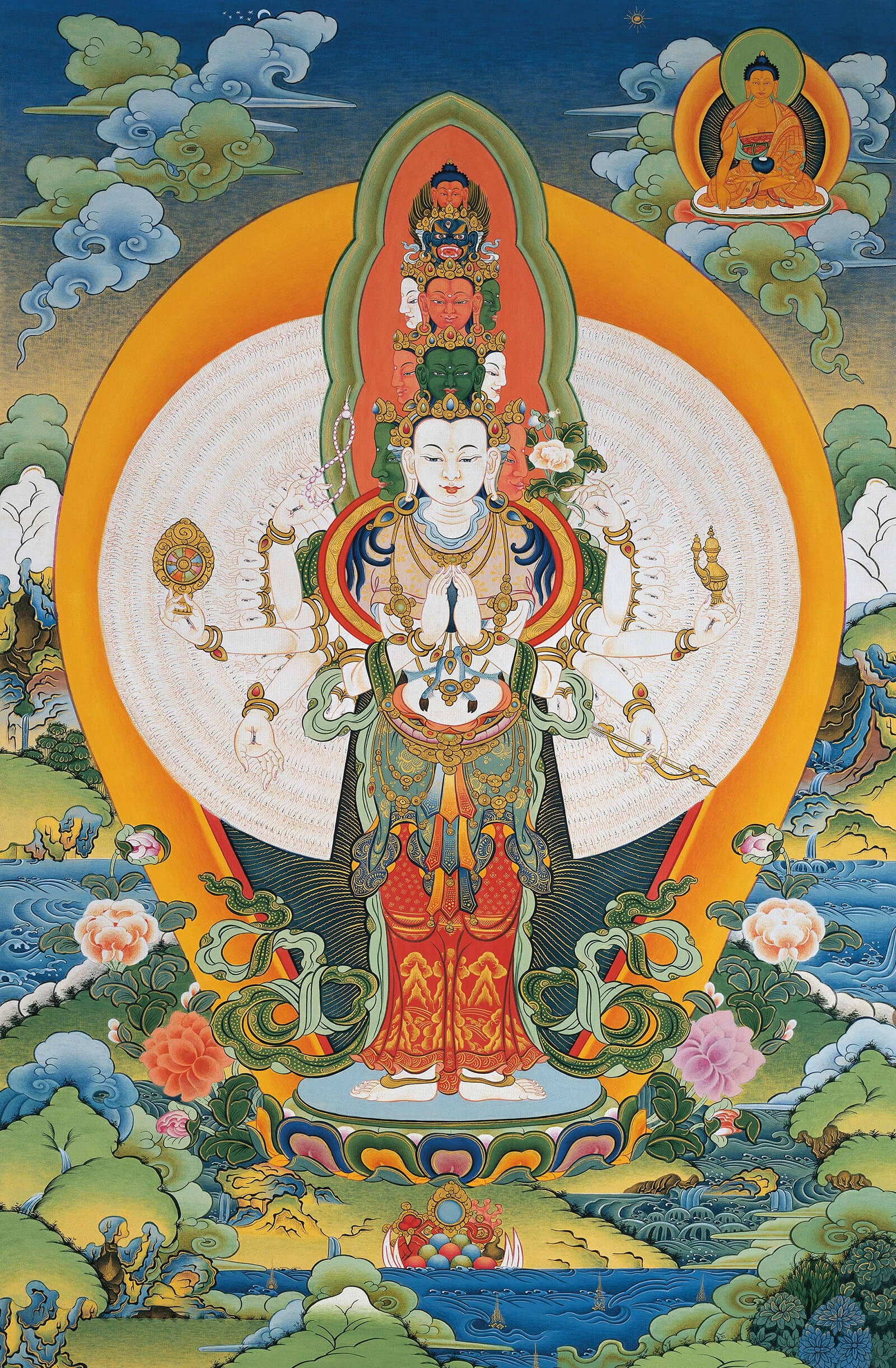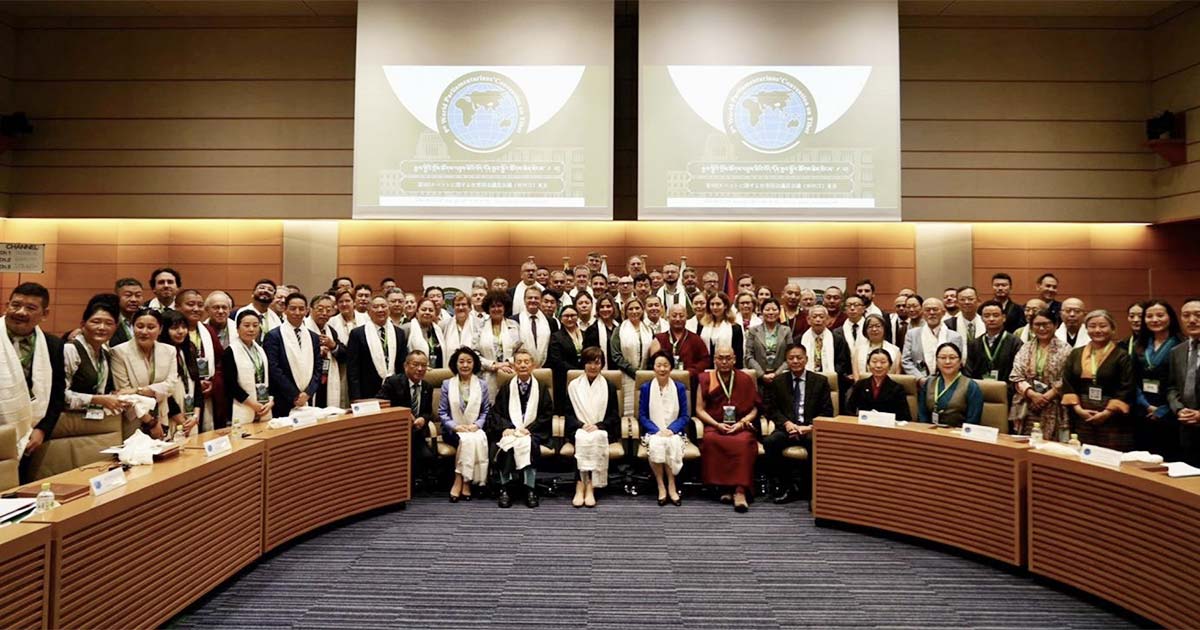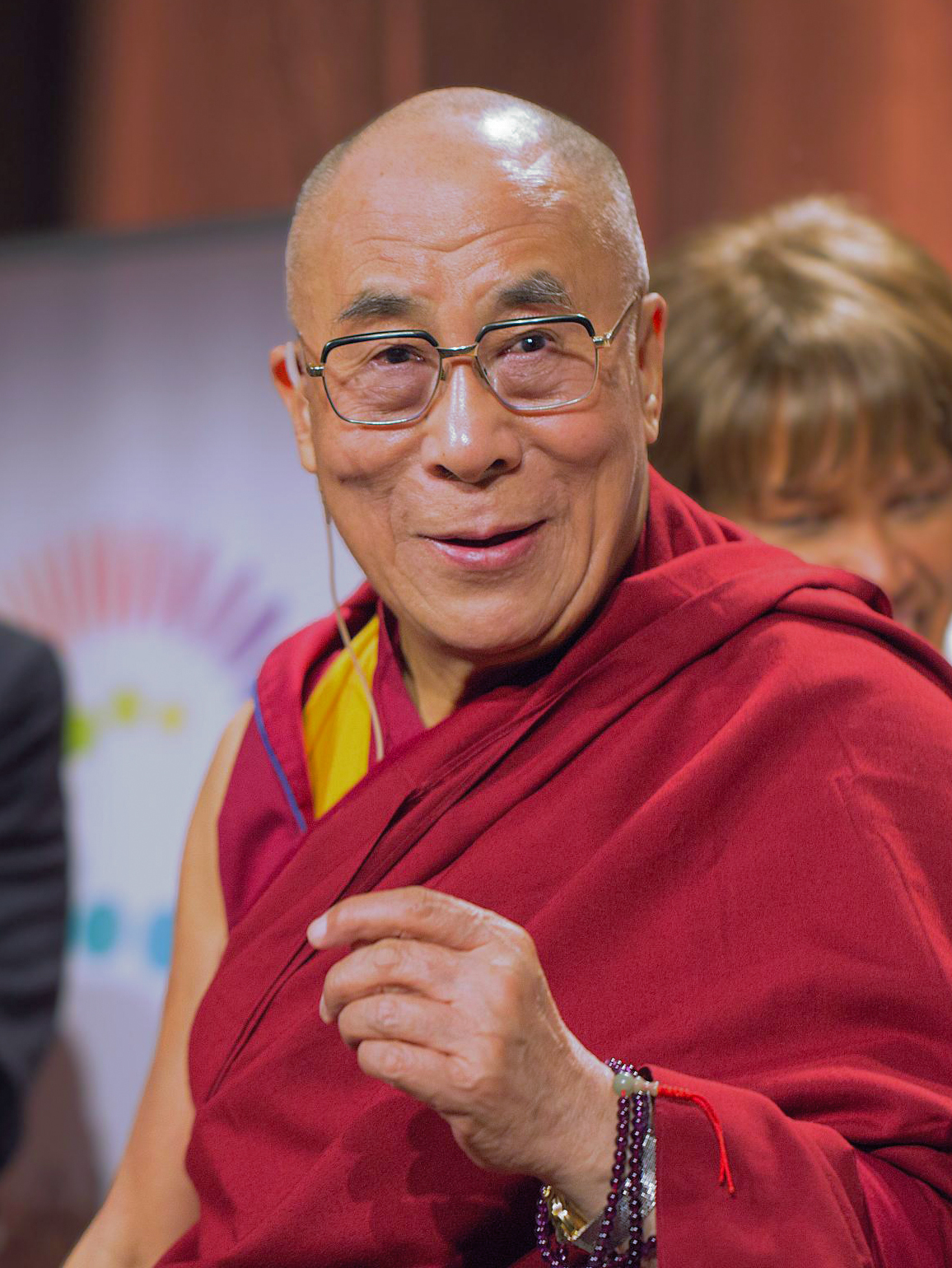China-Appointed Panchen Lama Pledges to “Sinicize” Tibetan Buddhism Amid Ongoing Controversy
In a rare public appearance, Gyaltsen Norbu—the Panchen Lama appointed by China’s Communist Party—has pledged to deepen efforts to align Tibetan Buddhism with Chinese cultural and political ideology. Speaking during a meeting with Chinese President Xi Jinping in Beijing on Friday, Norbu vowed to promote ethnic unity and advance the “sinicization of religion,” a policy aimed at reshaping religious traditions to conform to the values of the officially atheist Chinese state.
Gyaltsen Norbu’s role as the 11th Panchen Lama has been steeped in controversy since 1995, when Beijing installed him in defiance of the Dalai Lama’s chosen reincarnation, a six-year-old Tibetan boy named Gedhun Choekyi Nyima. Merely three days after the Dalai Lama’s announcement, the boy and his family vanished from public view. China has refused to provide transparent information on his whereabouts, leading international human rights groups and governments to condemn the case as a state-enforced disappearance.
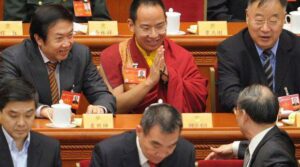
In contrast, Gyaltsen Norbu has emerged as a loyal figure within the Chinese state apparatus. He regularly appears in state-run media praising the Communist Party’s policies in Tibet and has steadily risen in prominence, even joining high-level political advisory bodies. His comments to Xi Jinping align closely with the government’s campaign to integrate religion more deeply into the ideology of the state. He pledged to uphold Xi’s teachings, support the Party’s leadership, and safeguard national unity.
 Gedhun Choekyi Nyima, the Dalai Lama’s selected Panchen Lama
Gedhun Choekyi Nyima, the Dalai Lama’s selected Panchen Lama
The meeting between Xi and Norbu coincided with the 30th anniversary of the disappearance of Gedhun Choekyi Nyima, the Dalai Lama’s selected Panchen Lama. The U.S. government and several international observers have marked the occasion with renewed calls for China to release Gedhun and his family. U.S. Secretary of State Marco Rubio issued a statement condemning the “abduction” and urged Beijing to stop persecuting Tibetans for their religious beliefs.
China, for its part, claimed in 2020 that Gedhun Choekyi Nyima is now “a college graduate with a job” and that he and his family prefer to live undisturbed. The statement, lacking independent verification, did little to satisfy human rights advocates and the Tibetan exile community.
Observers see Beijing’s management of the Panchen Lama succession as part of a broader plan to control the future of Tibetan Buddhism—especially the succession of the Dalai Lama, now in his late 80s. The Chinese government has made clear its intention to select the next Dalai Lama, a move widely rejected by Tibetans and dismissed by the Dalai Lama himself. In his recent book Voice for the Voiceless, the Dalai Lama stated that his reincarnation would be born in the “free world”—outside of China.
Since fleeing to India in 1959 following a failed uprising against Communist rule, the Dalai Lama has continued to advocate for Tibetan cultural and religious freedom. Although branded a separatist by Beijing, he remains a revered figure among Tibetans globally and a symbol of their struggle for autonomy.
As China tightens its grip on religious expression, the appointment and rising profile of Gyaltsen Norbu underscores the ideological tug-of-war at the heart of Tibetan Buddhism’s future—and the global concern over a young boy who disappeared three decades ago.


